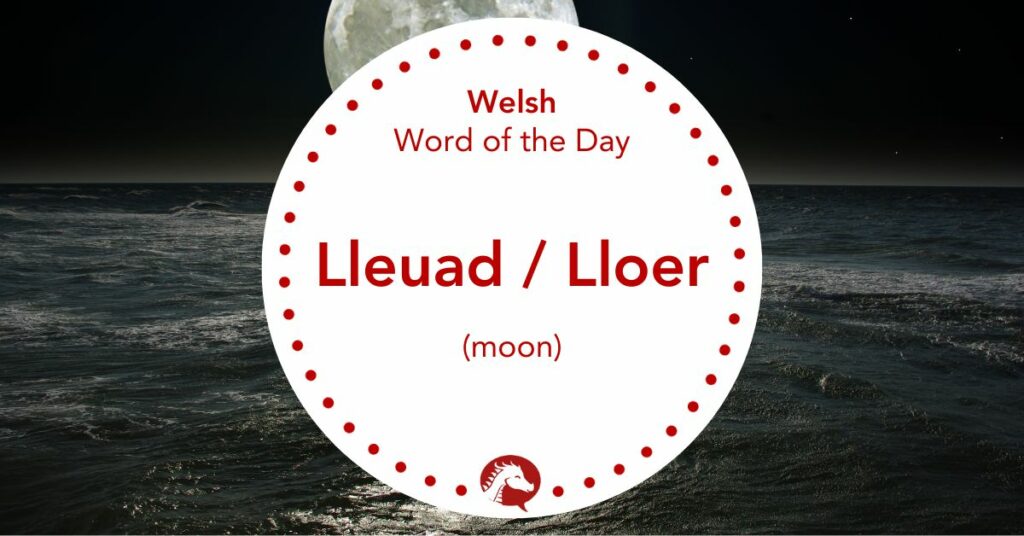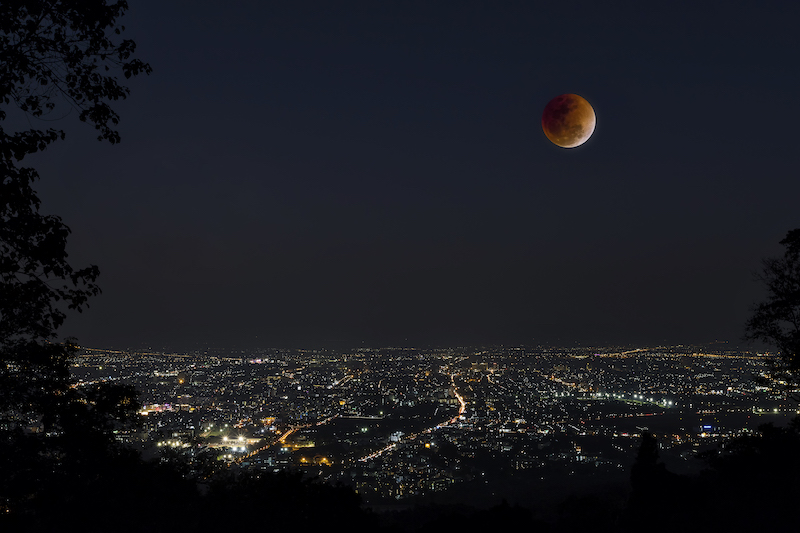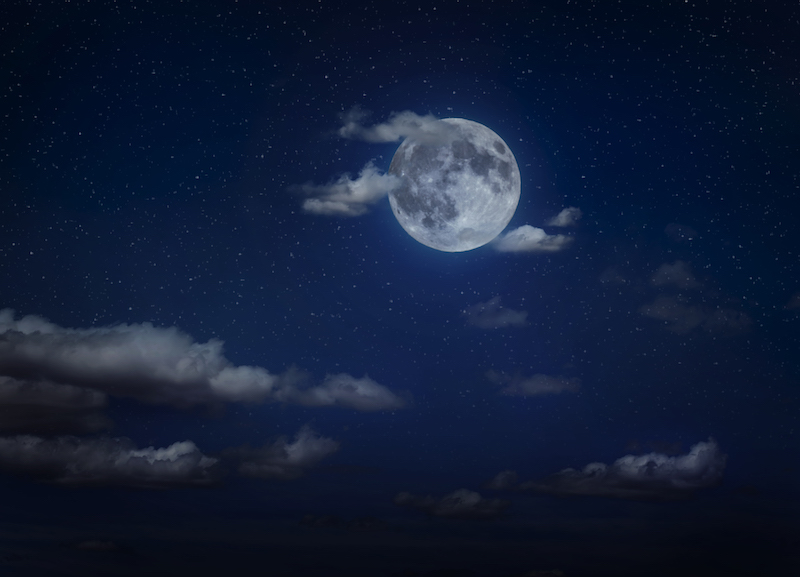Today’s word of the day is lleuad (North Wales dialect), or lloer (South Wales dialect / literary form) which translates to ‘moon’ in English or ‘luna’ in Latin, the natural satellite that is approximately 238,000 miles away from earth.

Lleuad / Lloer
(Singular)
Lleuadau / Lloerau
(Plural)
Even though lloer might be used in some contexts, it’s rather poetic and less commonly used than lleuad.
Whether you believe it or not, there are folks who think that changes in the moon throughout the month can impact the behaviour of both people and animals. When someone acts strangely or a bit “lunatic” (notice the connection to the Latin word ‘luna’), the common explanation is often that ‘The moon is full,’ or in Welsh, ‘Mae’r lleuad yn llawn.’
The Welsh term ‘lloerig’ (linked to ‘lloer’) also means ‘lunatic.’ To delve deeper into this concept, you might want to read the renowned novel ‘Un Nos Ola Leuad’ or ‘One Moonlit Night’ by Caradog Pritchard.

In the Northern Hemisphere, there’s a common belief that one can observe a figure or a man on the surface of the moon – ‘Y dyn yn y lleuad / Hen ŵr y lleuad’. However, in the Southern Hemisphere, where the Moon appears upside down, people often see different shapes, like a rabbit or a hare.
Now, let’s look at different words that relate to ‘lleuad’ or ‘lloer’:
Lleuad las / lloer las – blue moon
Lleuad fedi / lleuad naw nos olau / lleuad gynhaeaf – harvest moon
Cylch y lleuad / Cylch y lloer – lunar cycle
Hanner lleuad – half moon
Chwarter lleuad – quarter moon
Lleuad newydd – new moon
Lleuad fain – thin or slender moon

And below we have a few examples of the word ‘lleuad’ being used in different sentences:
Mae’r lleuad yn edrych yn llawn heno.
It looks like we have a full moon tonight.
Mae’r lleuad yn troi o gwmpas y ddaear.
The moon orbits the earth.
Mae’r lleuad yn goleuo tywyllwch y nos.
The moon lights up the darkness of the sky.
Roedd o’n gofyn am y lleuad.
He was asking for the moon.
